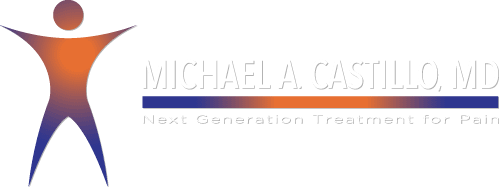Treating Visceral Pain
Visceral pain relates to pain in the organs of the body. So it could be the chest, or more likely, the abdomen or the pelvis. It is somewhat unlike other pain syndromes. In a sense that visceral pain activates the autonomic nervous system, specifically the parasympathetic nervous system, the sympathetic nervous system, or both. Which […]
 Skip to content
Skip to content
